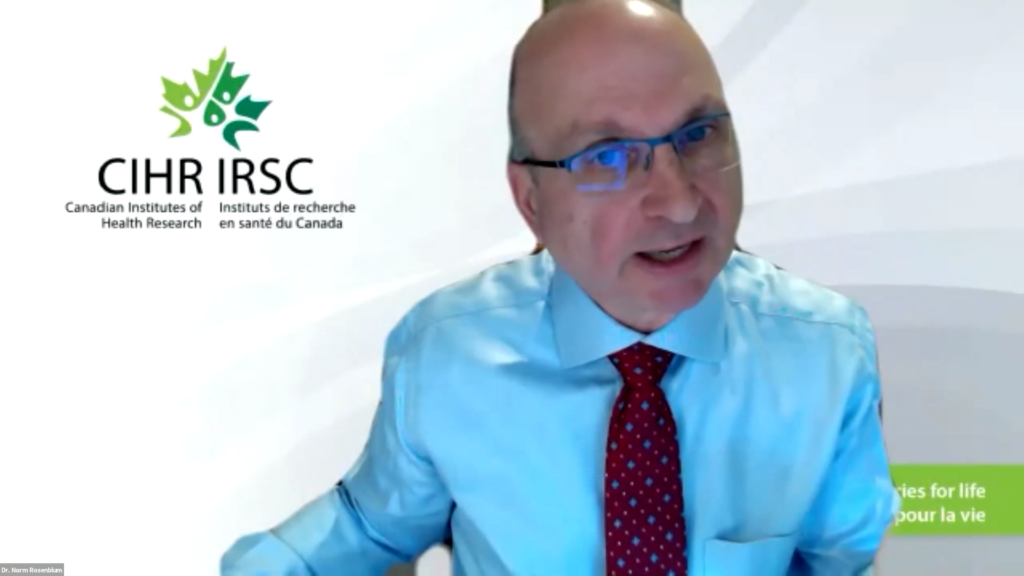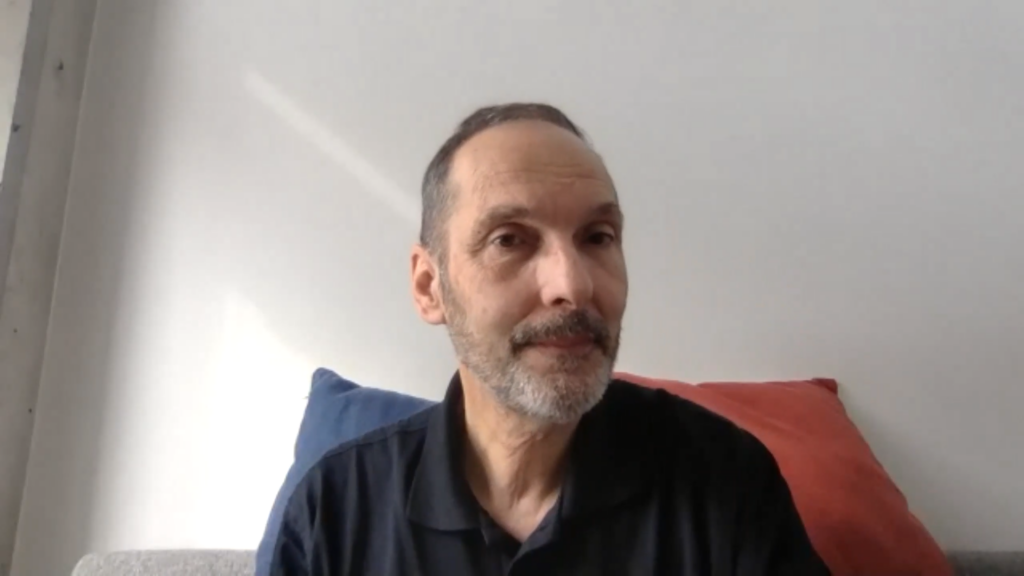
JDRF’s mission of improving lives and curing type 1 diabetes (T1D) cannot be achieved alone. It requires us to engage with stakeholders who believe in what we have set out to do and are able to help drive our mission forward – and this group includes regulators. JDRF recognizes the importance of engaging with regulators in order to to help shape and provide clear and reasonable pathways to scientific research and therapy approvals for T1D treatment and cure therapies.
That is why on February 24, 2021, JDRF was pleased to bring together Canadian regulators, researchers, industry representatives, diabetes organizations, and patients to foster dialogue, exchange knowledge and hear first-hand about new and emerging treatments for T1D, in our second research symposium, held in partnership with Health Canada.
Our first research symposium was held 2018, and as we commemorate the 100th anniversary of the discovery of insulin this year, it was fitting that we hold another. This year, the event moved to a virtual format, but with the same impact, drawing presenters and participants from across the country.
Two keynotes from Dr. Norman Rosenblum, Director of CIHR’s Institute for Nutrition, Metabolism & Diabetes, and Dr. Rémi Rabasa-Lhoret from the University of Montreal, set the stage for the interactive sessions that followed.

Dr. Rosenblum presented an overview the increasing burden of diabetes in Canada, and how our federal health funding agency is addressing diabetes during 2021 with a number of strategic funding opportunities – including some in partnership with JDRF.

Dr. Rémi Rabasa-Lhoret delivered a fascinating keynote address about COVID-19 and T1D, highlighting that people with T1D are at a higher risk of severe complications from COVID-19.
After the keynotes, there were three concurrent interactive sessions, each covering distinct themes important to the T1D community, and each featuring a speaker from Health Canada.
The first was Moving Beyond Insulin Therapy of Today, which focused on adjunctive-to-insulin therapy, closed-loop therapy, advances in beta-cell replacement and the treatment of severe hypoglycemia, highlighting nasal glucagon.
The second was Device Innovation in T1D Management, which discussed device interoperability, automated insulin delivery, medical device cybersecurity and the T1D community perspective.
The third was Immunotherapy and Biomarkers which focused on prevention of T1D, advances in development of improved biomarkers, antigen-specific therapy for T1D and regulation of insulin products.
All three sessions touched on the overarching themes of the importance of patient choice, access to devices and drugs with the potential to lessen the burden of disease management and reduce complications, and the need to accelerate research from the lab to clinical testing. The sessions were followed by panel discussions and audience Q&A that were designed to identify barriers and solutions to advance new solutions for T1D to the clinic.
The presentations at this event highlighted diverse and exciting Canadian research on emerging therapies for T1D that will be critical to all who are touched by this disease – whether it’s you, a parent, family member, doctor or researcher.
JDRF is grateful to Health Canada for their leadership in the many areas of science and regulation that were discussed, for their collaboration in making this event possible, and their dedication to improving the lives of Canadians living with diabetes.
Thank you again to everyone who shared their time and expertise and who attended. The depth and pace of T1D research in Canada is impressive.
This event wouldn’t have been possible without the generous support of our learning partners, Medtronic, Abbott, Dexcom and Eli Lilly.
Thank you as well to Health Canada for the partnership and to the JDRF staff who worked tirelessly putting this event together.
Learn more about the presenters and watch the recordings here.




